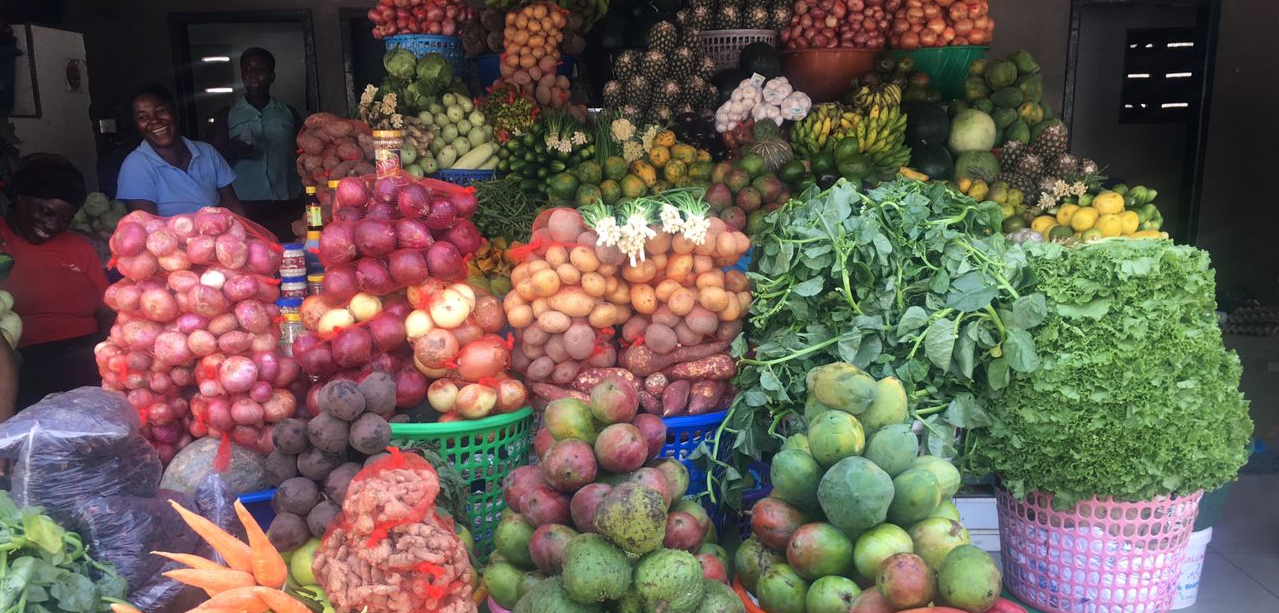
FOR IMMEDIATE RELEASE
Improving Affordability and Availability of Healthy Diets Through Female Smallholder Farmer Engagement
[DAVIS] – The Feed the Future Innovation Lab for Horticulture is delighted to announce the launch of three regionally-led research initiatives, to be coordinated by the Horticulture Innovation Lab’s West Africa Regional Hub Managers, Naalamle Amissah and Freda E. Asem, based at the University of Ghana.
These 3.5-year projects focus on improving the affordability and availability of healthy diets, in West Africa. During a stakeholder meeting in 2022, a focus on young women smallholder farmers involved in African indigenous vegetable (AIV) production and sale, was identified as a priority by the horticulture sector in West Africa. Targeting this community has far-reaching nutrition and health benefits at the household level. Thus the three projects and their foci are as follows:
- Enhancing the production and consumption of AIVs to improve diets in Ghana and Mali led by Gloria Essilfie from the University of Ghana in collaboration with CSIR Food Research Institute, Young Professionals for Agricultural Development, Forum for Agricultural Research in Africa, and the University of Sciences, of Techniques and Technologies of Bamako - will improve nutrition for Ghanaians and Malians through diet diversification by promoting indigenous fruits and vegetables access and consumption. Research will assess the AIV value chain to profile and identify cultural properties of indigenous fruits and vegetables and to understand regional demand and supply by characterizing them in terms of agronomic practices, nutritional composition, postharvest practices and value addition potential.
- Promoting food and nutrition security through indigenous fruits and vegetables in Ghana and Mali led by Freda A. Asem and Naalamle Amissah from the University of Ghana in collaboration with the World Vegetable Center, CSIR- Plant Genetic Resources Research Institute, and CSIR Savanna Agricultural Research Institute - will provide a deeper understanding of indigenous vegetables and how to build a sustainable supply chain, including strengthening seed supply, to increase production of and access to these highly nutritious and resilient crops. A comprehensive database detailing selected AIV varietals’ nutrition profile, optimal cultivation practices under different agro-ecological zones, and abiotic stress tolerance will be determined to provide stakeholders with solutions to more effectively build nutrition security for their communities through the integration of indigenous vegetables.
- Engaging youths in the production of indigenous vegetables and fruits in Nigeria will be led by Atanda Oladejo and Cornelius Atere from Obafemi Awolowo University in collaboration with Utah State University - will investigate optimal agronomic practices for AIVs while incorporating youth engagement through school gardens and participatory research trials focused on indigenous vegetables. Research will advance input supply chains to support indigenous vegetable production, while examining the nutritional impact consuming these crops to reduce malnutrition among youths and community members.
These projects will unlock great potential by providing deeper insight into Africa’s rich biodiversity, which remains widely unknown to the global community. For Amissah and Asem, “Food and nutrition security is attainable through the promotion and consumption of neglected and underutilized indigenous fruits and vegetables.”
"A focus on indigenous vegetables will generate critical insights into crops that have been relatively under-researched, but offer unique benefits in terms of high micronutrient content and resilience to climate change," said Erin McGuire, Director of the Feed the Future Innovation Lab for Horticulture. "By engaging women farmers, we aim to improve access to these nutritious and sustainable options. I'm confident in our team's ability to achieve these goals."
For more information about our Research Project Portfolio and collaboration opportunities, please visit horticulture.ucdavis.edu or contact Associate Director, Archie Jarman at rajarman@ucdavis.edu.
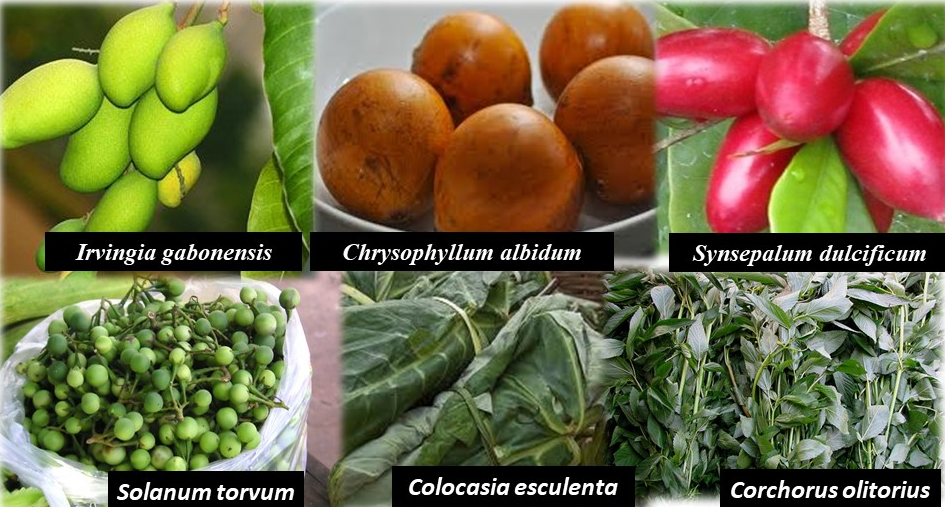
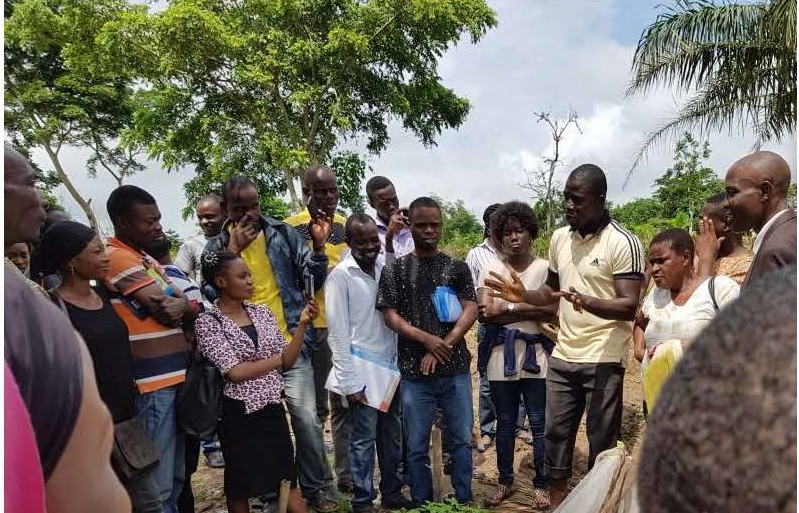
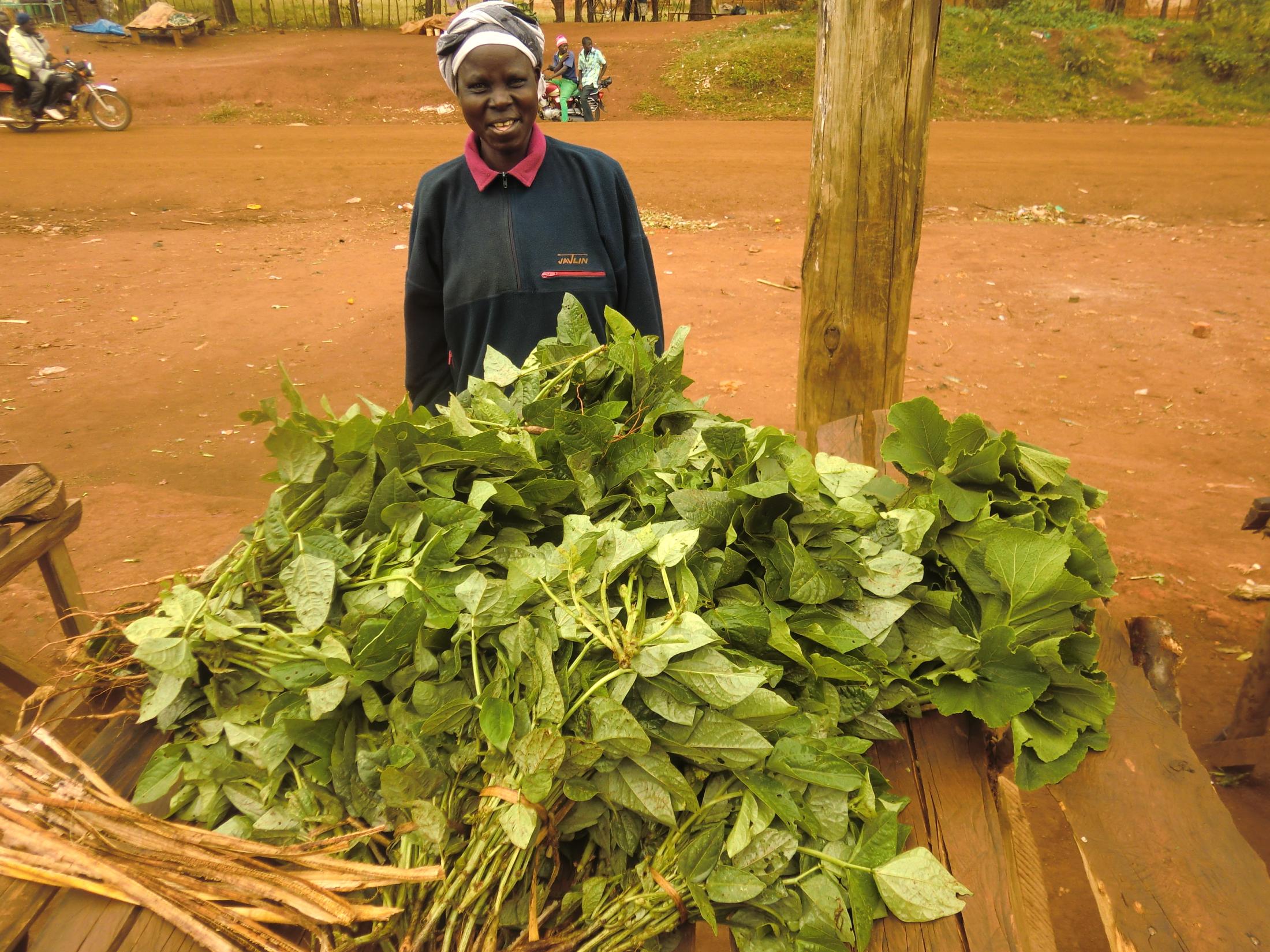

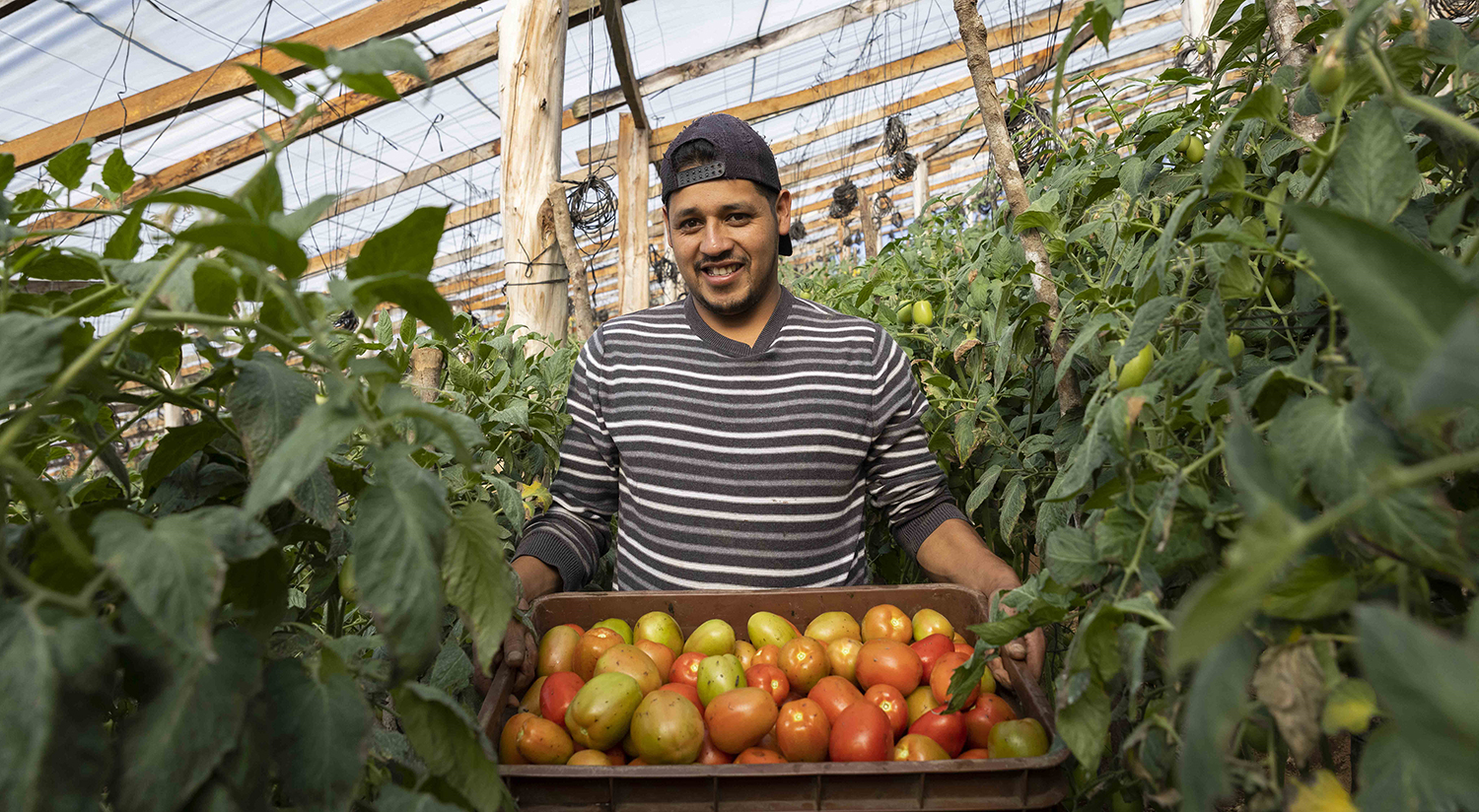
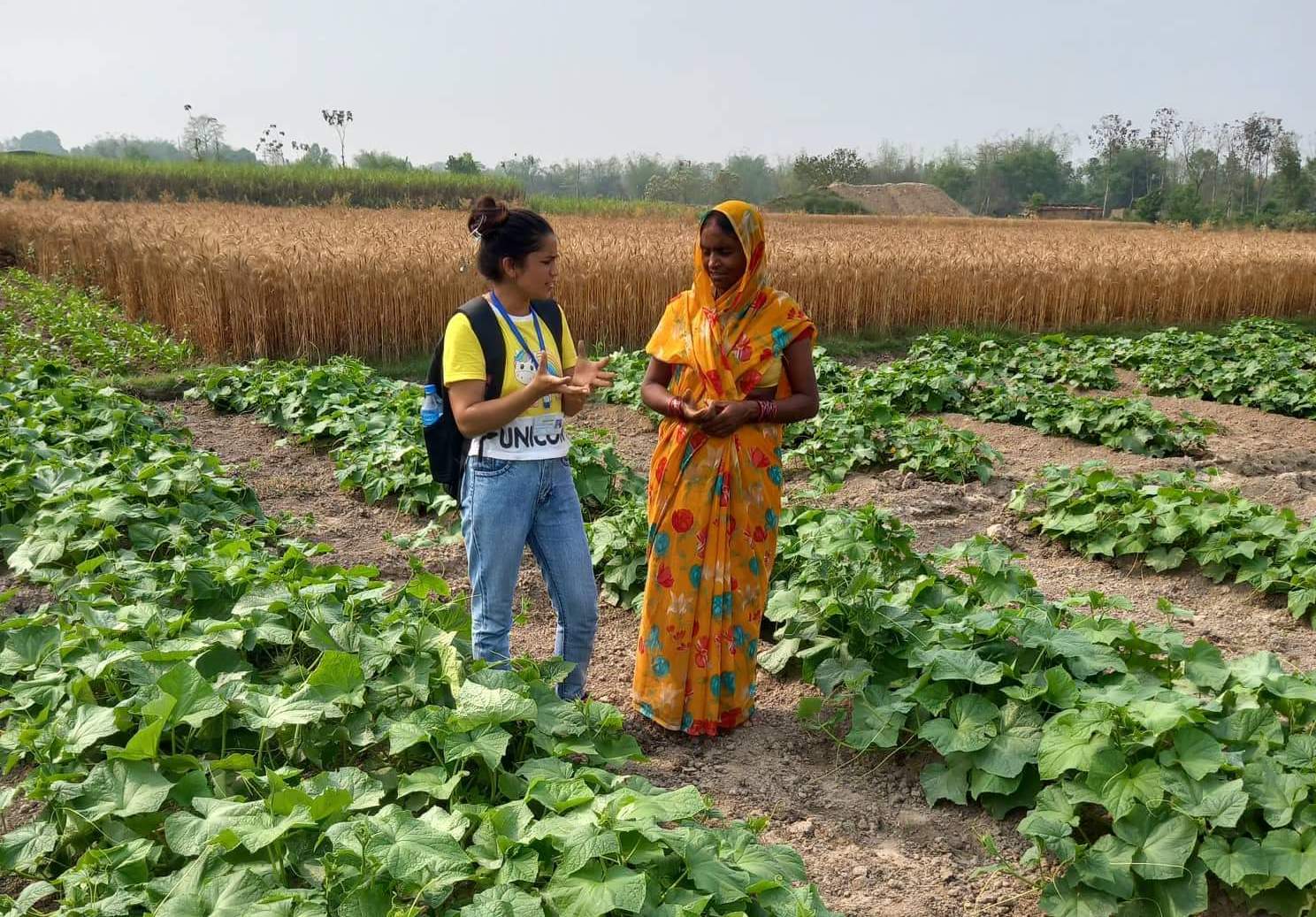
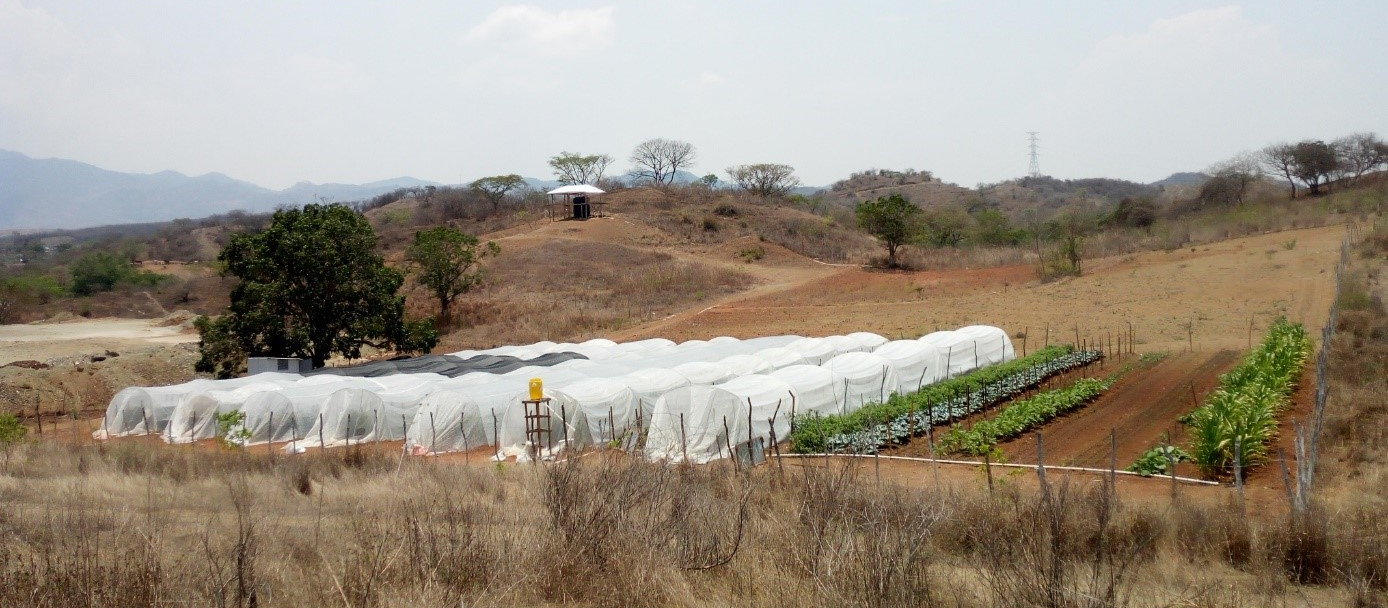
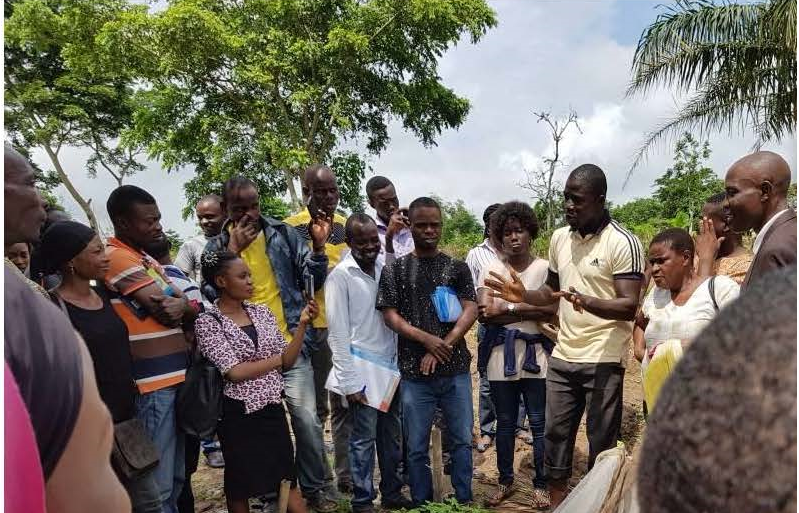
New Portfolio of Regionally-led Research Initiatives Leading Innovation and Advancement in Global Food Security and Gender Equity
The Feed the Future Innovation Lab for Horticulture at the University of California, Davis, is proud to unveil its new research portfolio as a part of Feed the Future, the U.S. Government's global hunger and food security initiative. The Horticulture Innovation Lab’s global research network partners with and promotes local leadership to advance horticulture and social innovations, empowering smallholder farmers to earn more income while better nourishing their communities. This new 3.5-year portfolio comprises of regionally-led research initiatives across East and West Africa, Central America, and South Asia. Research initiatives will be guided by four Horticulture Innovation Lab Regional Hubs based at the International Center for Evaluation and Development (ICED), University of Ghana, Zamorano University, and FORWARD Nepal.
About Us
Feed the Future Innovation Lab for Horticulture, also known as the Horticulture Innovation Lab, is funded by the United States Agency for International Development as part of the Feed the Future global hunger and food security initiative, based at the University of California, Davis, within the Department of Plant Sciences. With a focus on horticultural, social and technological advancements, we develop groundbreaking solutions to improve nutrition and food security. As advocates for innovations and policies that promote gender equity, social and environmental responsibility, we are dedicated to improving the livelihoods of smallholder farmers while empowering communities through horticulture, including better access to nutrition and healthy diets.
For media inquiries contact Communications Manager, Heather Hayashi at hnhayashi@ucdavis.edu.
